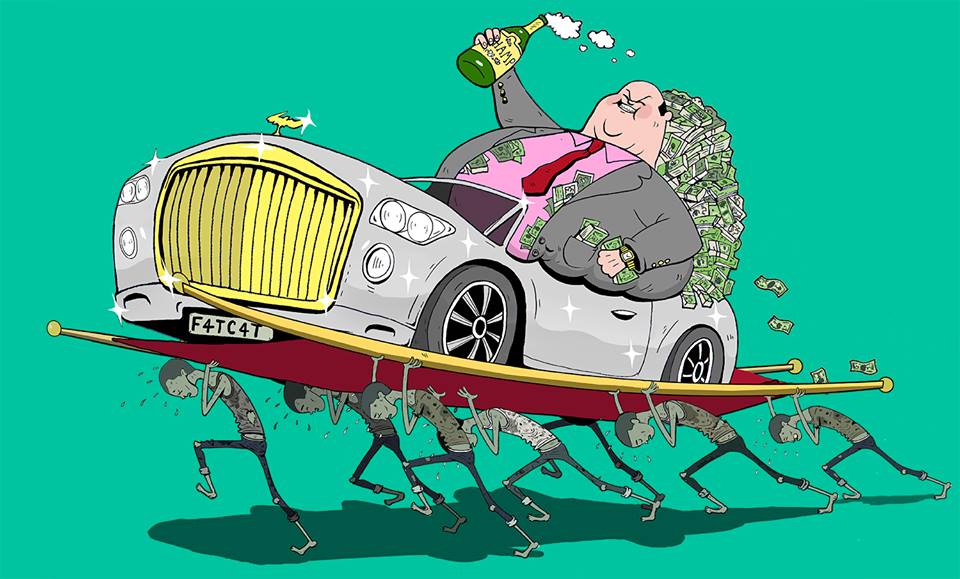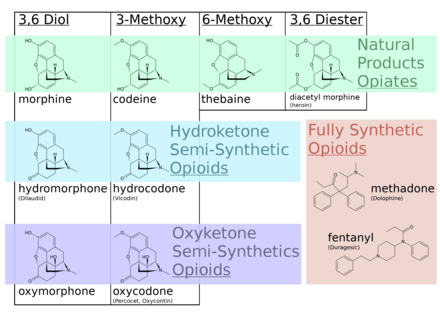Skadden, Arps, Slate, Meagher & Flom LLP and WilmerHale received court
permission in November 2019 to continue working for Purdue after it sought
chapter 11 protection. But the firms’ nondisclosure of the agreement with
the
members of the Sackler family who own Purdue, and whose interests are at
odds with company creditors, skirted bankruptcy rules meant to reveal
potential conflicts of interest, bankruptcy experts said.
Earlier this week, Michael Quinn, a lawyer representing five people
with wrongful death and personal injury claims against Purdue,
questioned whether the 2018 defense agreement restricted what Skadden
and WilmerHale could disclose to creditors as they have probed whether
they can recover billions of dollars from the drugmaker’s owners. Even
though the law firms have represented Purdue for years, they have
additional obligations to company creditors while the company is in
chapter 11.
A separate committee of Purdue creditors has been probing the
transfer of billions of dollars from Purdue to the Sacklers before the
company filed bankruptcy, according to court documents. The committee is
examining if these roughly
$10 billion in transfers to the Sacklers can be recovered for the
benefit of Purdue creditors, court papers say. Mr. Quinn said in his
letter he is concerned that the obligation in the defense agreement to
keep Sackler information confidential conflicted with Skadden’s and
WilmerHale’s duties in bankruptcy to Purdue and its creditors.
The Sacklers have consistently denied throughout the bankruptcy case
that the transfers were improper and said more than half the money was
used to pay taxes or invested in international ventures. However, they
offered to cede control of Purdue and pay a $3 billion cash settlement
to resolve creditor claims against them.
Whether Purdue creditors and the Sacklers are able to strike an
agreement that would help facilitate the company’s reorganization in
chapter 11 is a key open issue in the company’s bankruptcy case. Purdue
said when it filed bankruptcy that it had formed a special committee to
review distributions from the company to the Sacklers.
The 2018 joint-defense agreement between Purdue and Sackler family
members who own the drugmaker was made public in December along with
hundreds of other previously sealed court records that were unsealed at
the request of The Wall Street Journal and other media organizations.
Skadden lawyer Patrick Fitzgerald denied that the firm concealed the
agreement, and said Skadden complied with bankruptcy disclosure
obligations in a letter filed Wednesday responding to Mr. Quinn.
Skadden didn’t mention the defense agreement in its 2019 bankruptcy
retention application because the agreement was between Purdue and the
Sacklers, with Skadden only acting as legal counsel on Purdue’s behalf,
Mr. Fitzgerald said.
Bankruptcy experts contacted by the Journal disagreed with Mr.
Fitzgerald’s argument and said the defense agreement should have been
disclosed in the firm’s retention application under chapter 11
disclosure rules. Disclosure is a fundamental part of bankruptcy, and
chapter 11 rules concerning what links a bankrupt company’s advisers
must disclose are broad.
“This is kind of a no-brainer that this information should have been
disclosed at the time counsel sought to be employed,” said retired
bankruptcy judge Carol Kenner, who served on the Massachusetts bench
from 1986 to 2004. In 2003, she made an oft-cited ruling against a law
firm over its failure to disclose a joint defense agreement between a
company and its officers—a situation that she said was similar to
Purdue’s case.
Representatives for Skadden, WilmerHale and Purdue didn’t respond to
requests for comment. A representative for one main branch of the
Sackler family, the descendants of Mortimer Sackler, declined to
comment. Lawyers for the other main branch, the descendants of Raymond
Sackler, didn’t respond to requests for comment about the defense
agreement.
U.S. Bankruptcy Judge Robert Drain, who is overseeing Purdue’s
chapter 11 case and approved the retention of Skadden and WilmerHale,
hasn’t responded to questions raised in Mr. Quinn’s letter about
disclosure of the defense agreement.
Skadden and WilmerHale, two of the largest U.S.-based law firms by
revenue, started defending Purdue in federal probes into the marketing
and sales of opioid products years before the company filed for chapter
11 in September 2019. Stamford, Conn.-based Purdue filed for bankruptcy
to try to resolve
thousands of lawsuits accusing the company of helping to fuel the
opioid epidemic. Purdue said when it filed bankruptcy that although the
country “faces a profound problem of opioid abuse,” the company denied
liability and disputed that its marketing of opioid medications caused
the crisis.
The drug maker
pleaded guilty in November to three federal felony charges related
to the marketing and distribution of its flagship product, OxyContin.
Skadden defended Purdue in the Justice Department’s criminal
investigation.
After their court-approved retention, Skadden filed billing records
listing entries for “joint defense” calls with lawyers from other firms
that represented the Sacklers. Mr. Fitzgerald’s response letter this
week pointed to those billing records, saying there was no effort to
conceal the defense agreement. Lawyers representing a committee of
Purdue unsecured creditors were provided a copy of the information
sharing agreement between Purdue and the Sacklers in July 2020 during
the committee’s own investigations, his letter said.
Lawyers representing the Purdue creditors committee didn’t respond to
messages seeking comment.
UNQUOTE
This is a messy case; the intent to defraud is blatant. The duties of various
players is not.
Opioid Drug Dealers Offer $26 Billion To Their Victims
QUOTE
J&J, along with the three largest drug distributors in the country,
McKesson
Corp.
MCK 0.95% ,
AmerisourceBergen
Corp.
ABC 0.55% and
Cardinal Health
Inc.,
CAH 0.72% have
offered to pay a collective $26 billion to resolve their piece of the
litigation. Talks between the companies and states have been under way since
late 2019 but have been delayed by the pandemic as well as details around
attorneys’ fees and how to account for communities that opt out of the deal.
Israel-based
Teva also made a proposal in 2019 to resolve the cases, offering to
donate a decade’s worth of opioid-addiction treatment drugs along with a
cash payment of $250 million.
UNQUOTE
A billion is still a lot of money but it rolls off the tongue nicely. Politicians
don't care; it is not their money. The tax payers are being screwed again. For
the companies it is the Shareholders that take a beating. But the Directors stay
out of prison. That is the real issue. The
Sackler Family, the Jews that
supply
OxyContin snuck out from under long ago. Going bankrupt was their trick.
https://www.icij.org/investigations/swiss-leaks/as-american-public-turned-to-opioids-oxycontins-founder-tapped-a-private-swiss-bank/



